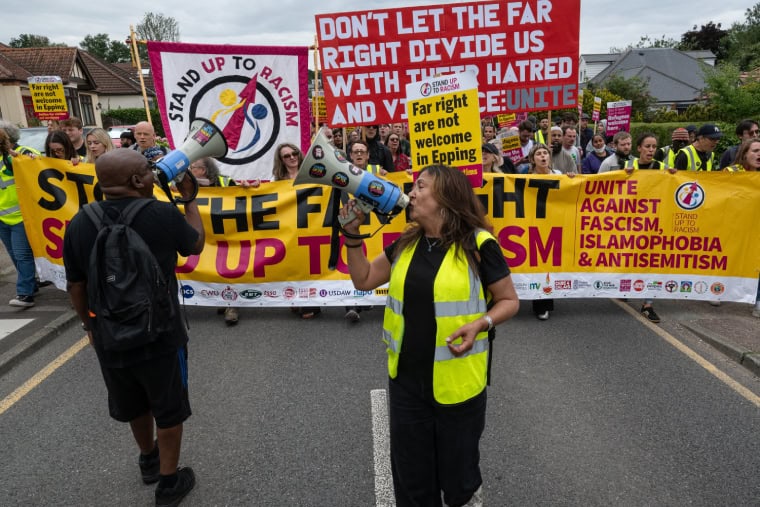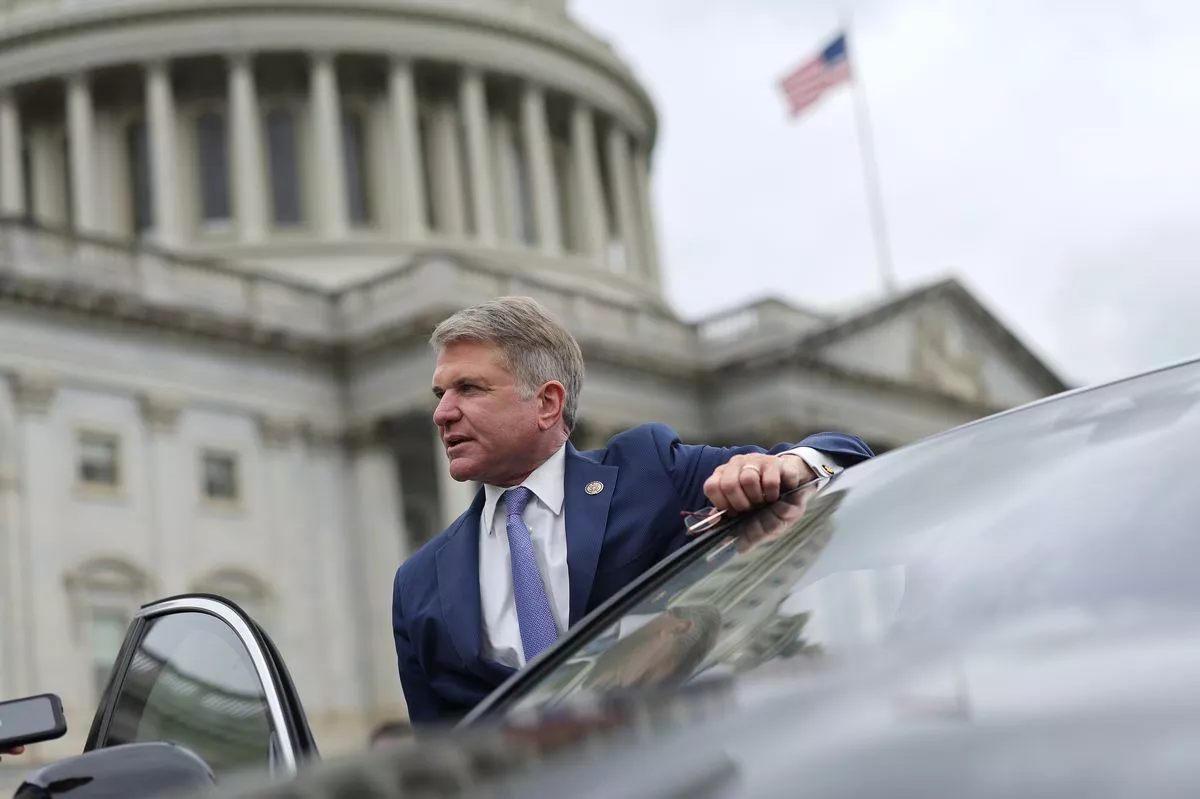The anti-fascist movement in Britain is currently navigating a pivotal moment as far-right groups, notably Reform UK led by Tommy Robinson, gain traction. Recent polls indicate Reform UK is topping charts while Robinson organized one of the largest far-right demonstrations in British history. This surge has sparked urgent discussions about how the left can effectively counter this growing threat.
A prevailing suggestion among political commentators is the formation of a broad alliance between the left and centrist parties. The rationale behind this approach is that uniting behind the strongest candidate—be it from Labour, the Liberal Democrats, the Greens, the Scottish National Party, or Plaid Cymru—could help to stop Reform UK’s advance. Yet, this strategy poses significant challenges.
One major concern is that such an alliance would likely compromise critical anti-racist principles. Key elements of the anti-racist struggle, particularly the advocacy for refugees and opposition to Islamophobia, could be sidelined in the name of electoral success. This dilution of core values would undermine the very essence of the anti-fascist movement.
Moreover, the rise of the far right is closely intertwined with a crisis in mainstream politics, where major parties have increasingly normalized racist rhetoric. For instance, while Labour ministers may label some of Reform UK’s policies as racist, they simultaneously announce stricter measures against migrants and refugees. This contradictory stance only serves to legitimize figures like Farage and Robinson, making it essential for the left to challenge anti-migrant racism vigorously in communities and workplaces.
The need for a robust anti-racist movement has never been more urgent. The response from anti-racists following the far-right mobilization on September 13 was not one of defeat but rather a call to action. Notable demonstrations, such as the 3,000 participants in Leeds and significant turnouts in places like Exeter and Southampton, indicate a growing resistance against the far right.
Despite these successes, complacency is a risk. To effectively challenge Robinson and his supporters, the anti-fascist movement must mobilize new forces and establish a national alliance. Organizations like Stand Up To Racism (SUTR) can play a vital role in this effort, emphasizing uncompromising anti-racism and organizing counter-protests against far-right activities.
Two critical factors could significantly bolster the anti-racist movement. First, the Palestine solidarity movement has proven to be a powerful force. The demonstration on October 11 drew hundreds of thousands, showcasing a rejection of Islamophobic sentiments that arose following a tragic incident in Manchester. This mobilization not only united diverse communities but also highlighted the interconnectedness of anti-fascism and the fight for Palestinian rights.
Second, there is a growing discontent among those seeking a left alternative to Starmer’s Labour. Over 800,000 individuals signed up with Your Party, while the Green Party has seen membership double to over 140,000 under the leadership of Zack Polanski. Many members are eager for a radical vision that prioritizes anti-racism and social justice.
The prospect of a unified call to action from these groups could amplify the anti-fascist movement’s presence in public spaces. If both Your Party and the Green Party mobilized their supporters against the far right, they could significantly increase the numbers on the streets.
The Palestine movement, alongside the rising left alternatives, offers new momentum for existing anti-fascist networks. A nationwide unity demonstration that transcends traditional left boundaries could provide a much-needed boost to grassroots anti-racist efforts.
The real test will be whether these coalitions can effectively mobilize when Robinson next organizes a demonstration. Building a large counter-protest will be essential to halting the advance of the far right in Britain. The time is ripe for a concerted effort to strengthen the anti-fascist movement and ensure that its voice remains resilient against the rising tide of extremism.







